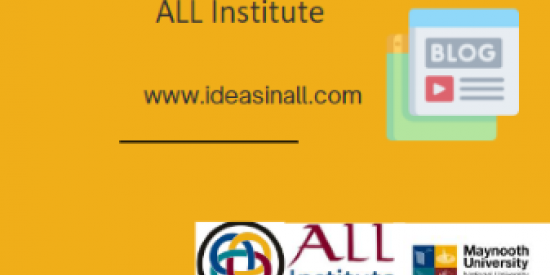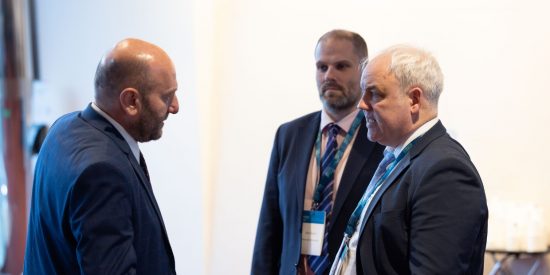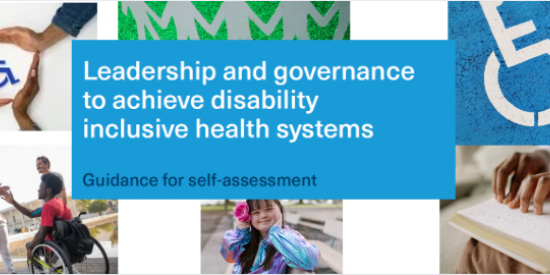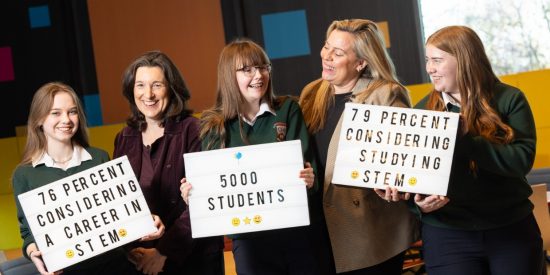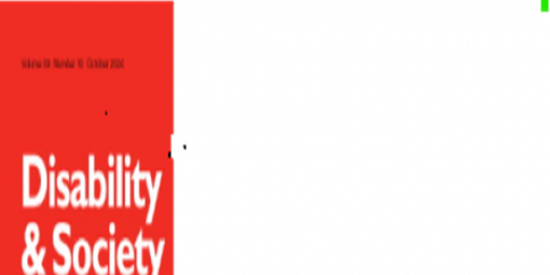
The DEPTH Study, is now in its second year investigating and promoting pathways towards technology-friendly inclusive higher education in Ireland for all students, including those with disabilities.
This work represents an inter-sectoral and interdisciplinary research collaboration of scholars and practitioners exploring the experiences of college students with disabilities and the role of technology in promoting inclusive higher education in Ireland.
The research team include: Principal Investigator Prof. Pamela Gallagher (School of Psychology, DCU); Postdoctoral Researcher Dr Klavdija Zorec (School of Psychology, DCU); Trevor Boland (AHEAD); Prof. Deirdre Desmond (Department of Psychology & ALL Institute, Maynooth University); and Anne O’Connor (Disability and Learning Support Service, DCU). The group adopted a broad definition of technology to include mainstream and assistive technologies that promote access and participation of people with disabilities.
As part of the research activities, the research team organized and hosted a two-week long virtual Dialogue Forum, where 50 participants including students with disabilities and representatives of wider stakeholders, i.e., higher education institutions, government bodies, non-profit organizations, charities and other institutions in the area of education, inclusion, or technology, worked together to identify knowledge gaps and find solutions and success factors for building more inclusive higher education through technology. The dialogue forum adopted a world-café methodology, a participatory and engaging approach to promoting group dialogues and creating innovative possibilities for action, and established a shared agenda for the role of technology in promoting inclusion in higher education; key guiding principles and features of a technology-friendly inclusive university campus include:
(a) consistent and equitable access.
(b) Universal Design for learning and well-being.
(c) shared responsibility for diversity and inclusion.
(d) whole system collaboration.
(e) student life cycle management.
(f) students as co-designers.
The core assumption underpinning these principles and features recognizes the need to embed and bring forward recognition, guidance and expectations for inclusive design, technology and partnerships in higher education and the larger society through policy, practice, and social change.
The findings from the Dialogue Forum are important in creating barrier-free, inclusive higher education settings in Ireland and improving the experiences and well-being for students with disabilities and for all. For more updates and research findings from the study, follow the #DepthStudy hashtag on Twitter.

